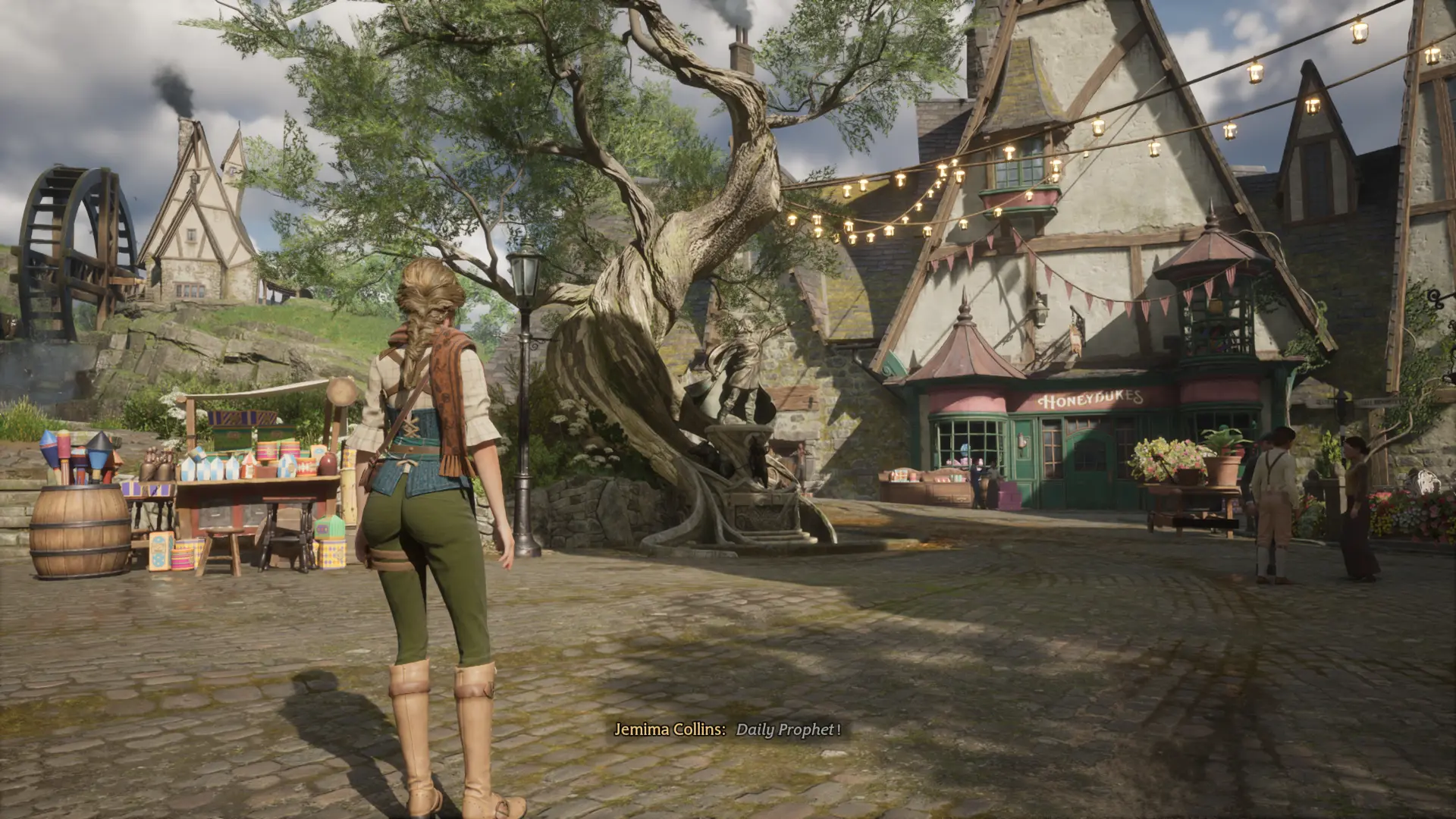I'm sure Harry Potter would have been as much popular if it had taken place in Ouagadougou instead of traditional England.
That's a non-argument. Plenty of books take/took place in "traditional England" and have exclusively white people, but they don't get nearly as popular. So I doubt that's the reason behind Harry Potter's success.
The world doesn't stop spinning however and since lefties are the ones who think that the HP universe is fundamentally unjust those same conservatives make the point that, actually, Harry Potter is a traditionalist flagship and a cry out for good old and white England. Which comes across as massive copium given all the rage against the game's marketing and how Hogwarts is filled with kids from the colonies.
Yeah. There is a lot of copium on both sides of the argument, which is ironic.
And I'm talking about unasked-for, top-down imposed mass immigration, nigger crime through the roof, major cities being minority native British, the political system being unresponsive and seemingly hostile to the natives and their wishes, etc.
OK. Then we don't talk about the same thing then. Because none of that was part of Harry Potter nor its hidden world.
But the setting is very, very English, it totally reeks of the author's own middle-class upbringing, and her love/hate relationship with it. I'm using "White" as the general term, obviously "English" or "British" would be the more specific term, but since the series was a widespread success among European and European-derived middle-classes worldwide, "White" is also the relevant term. (The series' popularity with foreigners I accounted for earlier.)
OK, the setting is very British. But, as you yourself noticed, Harry Potter was also a widespread success outside of Great Britain. I would compare it to James Bond: it is British and it is very popular world-wide. But, again, I doubt it is because of the reasons you're talking about, so the reasons for its popularity has to be elsewhere.
Again, it's nostalgia for lost power, lost specialness, etc., etc., as I've said, a reflection of alienation in a world that's no longer your own, and retreat into a fantasy world that is. It's not that difficult to understand.
It is, actually, not just difficult to understand. It is straight up astonishing. "LOST power"? "LOST specialness"? More like "Kid, you can be a wizard too!". "There is something special/magical in this world!". People like that, because their normal life is boring. Harry Potter was a new world, in a sense, and it was interesting to explore. This easily applies to literally everyone, which is why Harry Potter was also hugely popular among the non-British and the adults (who, by the way, could've been interested because their kids were interested).
there's nothing odd about it it's a, for the most part, competently written children's mystery book set in a magical boarding school the entire premise is inherently appealing to pre-teens
then the author got lucky and the book became a best-seller in england then she was also lucky to release the book at a time when one of the hottest issues of european public education systems was having kids fucking read books so the books got included in school reading programs which led to further success
Pretty much what this guys is saying, but I want to add one point from myself.
I remember one interesting thing about reading the description, back when the book was a fresh release and not yet considered a bestseller. It was something along the lines "If you think in this day and game children don't read book, then it may mean you're a Muggle!". Which is a pretty clever, because it begs the question "What's a Muggle?", so it got you curious.































